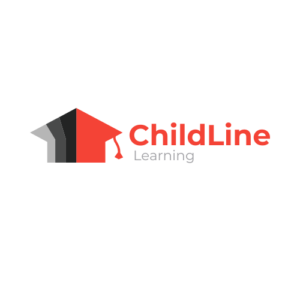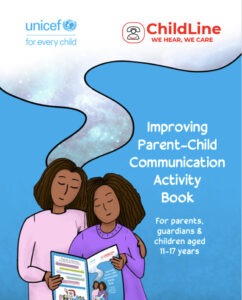What is HIV?
HIV stands for Human Immunodeficiency Virus. HIV is the virus that causes AIDS or Acquired Immune Deficiency Syndrome. HIV destroys cells in our immune system which protect the body against illnesses. Once in the bloodstream, HIV multiplies and causes slow but constant damage to the immune system.
What is AIDS?
AIDS or Acquired Immune Deficiency Syndrome happens when a person’s immune system is damaged by HIV. The body becomes prone to infection by life-threatening diseases. In a healthy person, the human immune system is the body’s protection against bacteria, viruses and other organisms that can cause illness. HIV destroys those cells that guard the body. Eventually, the immune system is so weakened that it is unable to protect against illness and individual is given an AIDS diagnosis.
A person with AIDS experiences opportunistic infections. An opportunistic infection is an infection that would not be life-threatening to an otherwise healthy person. Most times, it is these infections that are the cause of illness or death in HIV-positive individuals, not the virus itself. Without treatment for HIV, it takes an average of 8-10 years to progress from HIV to AIDS.
How is HIV transmitted?
HIV is spread through four body fluids: blood, semen (and precum), vaginal fluid, and breast milk. To pass HIV from one person to another, HIV-infected fluid from one person getS into the bloodstream of another person. HIV is usually transmitted:
- Through sharing needles.
- Unprotected anal, vaginal, and oral sex.
- From mother to infant before or during delivery or while breastfeeding.
How can I tell if someone has HIV or AIDS?
The only way to know for sure is to take an HIV test. You cannot tell a person’s HIV/ AIDS status by just looking at them. A person may look and even feel very healthy but be infected. A person should get tested once they are sexually active or has engaged in any activity that puts them at risk of contracting HIV or AIDS.
Who is at risk for HIV?
HIV does not care about age, race, gender or looks. Certain behaviours increase the likelihood of contracting HIV such as:
- Having unprotected sex
- Sharing injection drug needles and syringes
- Having a sexually transmitted disease, like chlamydia or gonorrhea
Is there a cure for HIV or AIDS?
Currently, there is no cure for HIV/ AIDS or no vaccine to prevent a person from getting it. There are however powerful medications called antiretroviral drugs that have helped people with HIV to live longer and healthier lives. They also delay the start of AIDS. If a person is infected with HIV, it is very important that they be in contact with the Health Care Services for treatment.
How can I prevent myself from contracting HIV?
Becoming educated about HIV and understanding how it is transmitted is the first and most important method to prevent the spread of HIV. People to make informed choices about the kinds of risk they are willing to take.
- Abstinence, which means absolutely no sexual contact with anyone, is the safest way to protect yourself from HIV. However, abstinence is not for everyone so practicing safer sex activities is important.
- Getting tested to know you HIV status. Where can I get tested?
- Queen’s Park Counselling Testing Centre (625-1643)
- Rapport National AIDS Programme (627-0841 ,623-1166)
- Voluntary Counselling and Testing Centre ( 663-8282)
Your partner should go for testing as well. If you are HIV negative then take the necessary steps to remain that way.
- Always use a condom (male or female) for vaginal and anal sex and barrier methods such as a dental dam for oral sex. Never re-use a condom.
- Do not share needles or syringes for any kind of injection drug use. Always ensure that new needles and syringes are used.
- If you are HIV-positive and are pregnant, visit your Health Care provider to get appropriate treatment. Treatments are available to reduce the risk of passing HIV to your child during pregnancy and delivery.
Resources







